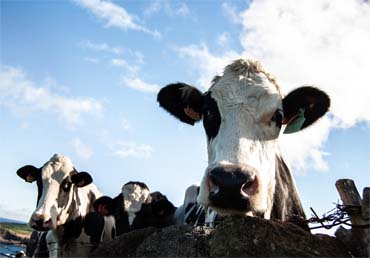Here is an obvious candidate for a core value: wellbeing. We want to make life better for people.

Looking first at human wellbeing, we can see that the most obvious and basic concern is that people should have enough to eat. We have to ask whether our decisions about the production and consumption of food have the effect of perpetuating or combating hunger and starvation for other people.
Human wellbeing depends, of course, on more than just survival. People need good health. Ethical decisions are concerned with what makes for healthy eating, for ourselves and for others. They also require us to think about whether food is grown and produced in ways which damage the health of workers.
That leads to larger questions about working conditions – about whether workers are treated well or badly, whether they work long hours at exhausting labour in degrading conditions, or are well-paid, well-housed, able to educate their children, and so on.
![]()
Food raise questions not only about human wellbeing but also about the wellbeing of non-human animals. They too may live good or bad lives. Most obviously, methods of meat and dairy production may involve cruelty to animals, inflicting suffering on them. This is not just a matter of physical pain, but of keeping animals in confined conditions which prevent them from flourishing in ways which would be natural for them.
Animal wellbeing is affected not only by methods of livestock production, but also by other farming practices – the use of pesticides, for instance, which may kill wildlife and have damaging effects on food chains. The wellbeing of our environment is critically important, and we should respect the intrinsic value of nature and our ecosystems. And once we start thinking about environmental impact, that can take us full circle back to questions of human wellbeing – of whether farming practices and other food-related practices are depriving humans of clean air, clean water, and the enjoyment of the natural world.


